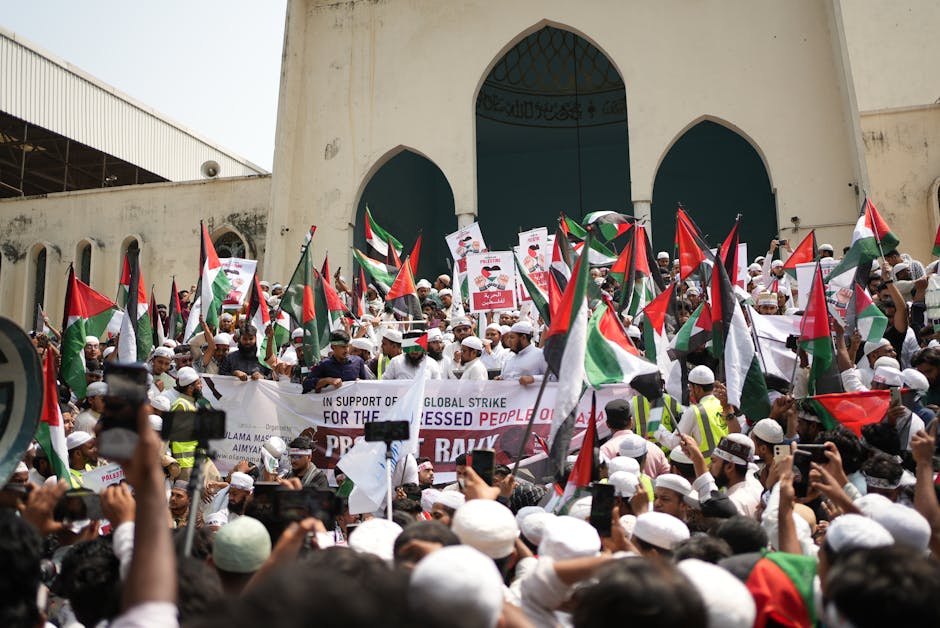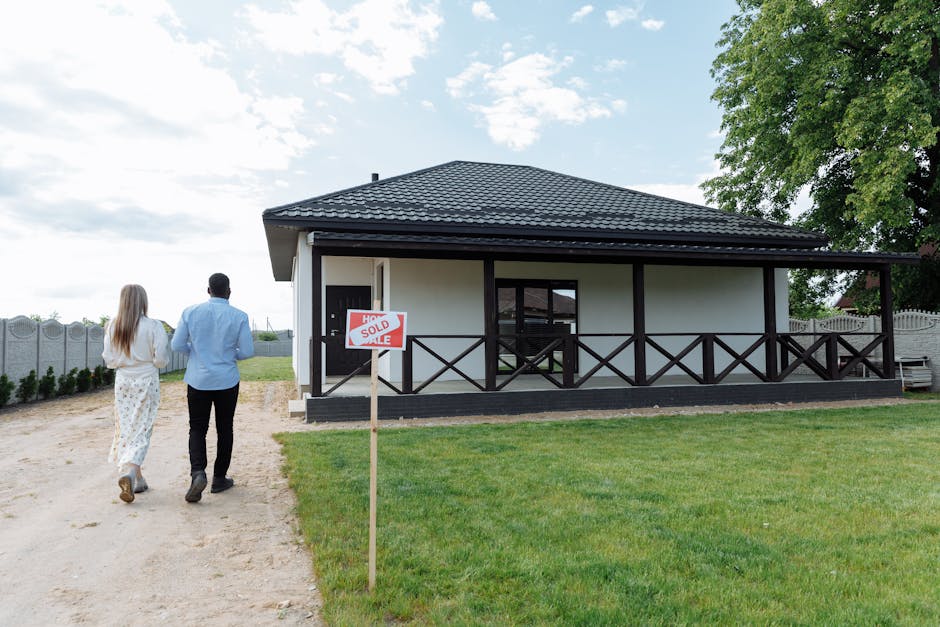High-Stakes Negotiations in Cairo
Gaza ceasefire talks are set to begin in Egypt today, marking a critical diplomatic effort to end months of devastating conflict. However, this push for peace unfolds against a grim backdrop, as Israeli forces continue to strike the besieged enclave. The international community is closely monitoring the talks in Cairo, which represent a fragile hope for millions of Palestinians caught in a catastrophic humanitarian crisis.
A Hamas delegation arrived in the Egyptian capital on Saturday to discuss the latest framework, which was brokered by mediators from Egypt, Qatar, and the United States. The success of these negotiations could determine the fate of the region in the coming weeks.
Details of the ‘Exceedingly Generous’ Proposal
The current proposal on the table has been described by US Secretary of State Antony Blinken as “exceedingly generous” on Israel’s part. It reportedly includes a multi-phase truce designed to de-escalate the conflict significantly.
Key elements of the initial 40-day phase include:
* A complete pause in fighting from both sides.
* The release of dozens of Israeli hostages held by Hamas.
* The release of a larger number of Palestinian prisoners from Israeli jails.
* A substantial increase in humanitarian aid flowing into Gaza.
Reality on the Ground: Airstrikes Continue in Rafah
Despite the diplomatic momentum, the reality on the ground in Gaza remains dire. Overnight and into the morning, Israeli military operations continued, with airstrikes reported in Rafah—the southern city where over a million displaced Palestinians are currently sheltering. Gaza’s health officials reported new casualties, pushing the death toll past 34,000, according to the Hamas-run ministry. This relentless military pressure complicates the delicate negotiations and highlights the deep mistrust between the two sides.
Core Sticking Points: A Permanent vs. Temporary Truce
The fundamental disagreements that have derailed previous talks remain the primary obstacles. Hamas has publicly stated that it will not agree to any deal short of a permanent ceasefire and a complete withdrawal of all Israeli troops from the Gaza Strip. The group views anything less as a temporary measure before fighting resumes.
Conversely, Israeli Prime Minister Benjamin Netanyahu’s government insists that the war will continue until its primary goal is achieved: the total destruction of Hamas’s military and governing capabilities. While open to a temporary truce to secure the release of hostages, Netanyahu has repeatedly rejected calls for a permanent end to the war and continues to signal a potential full-scale ground invasion of Rafah.
International Pressure and the Looming Rafah Offensive
This diplomatic push is happening under immense international pressure. Protests on university campuses across the United States have drawn global attention, while world leaders have amplified calls for an immediate cessation of hostilities. The talks in Cairo are widely seen as the last significant opportunity to prevent a further humanitarian disaster, especially with the threat of an Israeli offensive in Rafah hanging over the region.
The coming days will be crucial. The outcome rests on whether negotiators can find a compromise that secures the release of hostages for Israel while providing a clear path toward a lasting peace for Palestinians. For the millions trapped in the crossfire, the results of the Cairo talks are a matter of life and death.




